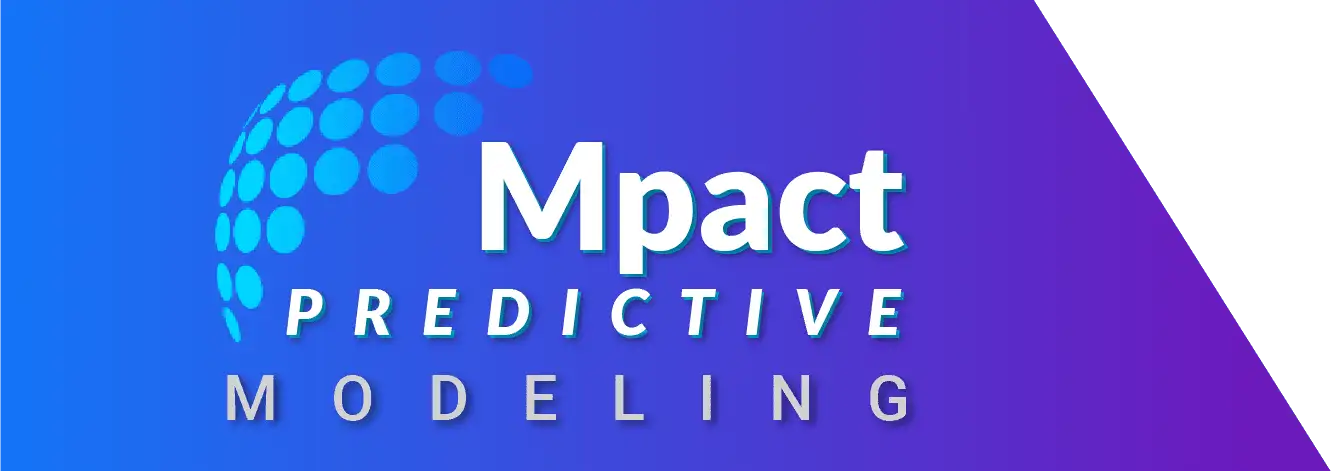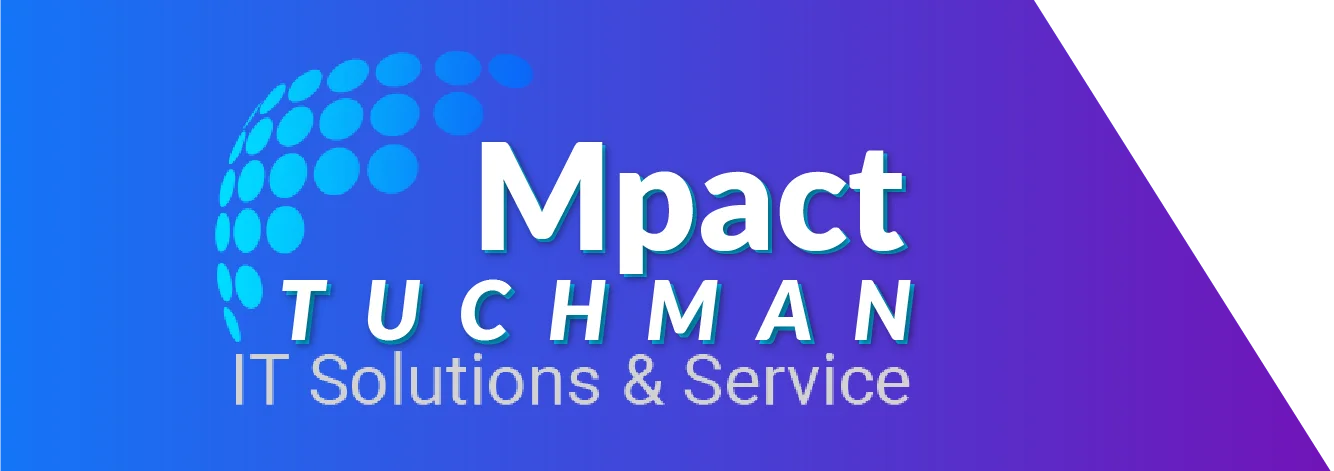Data has always been at the core of healthcare. Patient records, medical histories, and diagnostic information have served as the lifeblood of the medical profession. However, the sheer volume of data generated in healthcare today is staggering. This is where advanced data science comes into play. By harnessing the power of data analytics, artificial intelligence, and machine learning, healthcare providers and researchers can unearth patterns, insights, and solutions that were previously hidden beneath mountains of information.
The Power of Data in Healthcare: Revolutionizing Patient Care.
The Healthcare Data Explosion
Healthcare generates a staggering amount of data daily. Electronic health records, medical imaging, clinical notes, wearable devices, and even genomics information contribute to a vast digital repository. This influx of data is a treasure trove of insights, waiting to be unlocked and harnessed for the greater good.
Personalized Patient Care
One of the most exciting aspects of the data-driven healthcare revolution is the move towards personalized medicine. In the past, medical treatments were often based on a one-size-fits-all approach. However, data analytics and advanced technologies now allow healthcare providers to tailor treatments to an individual’s unique genetics, lifestyle, and medical history. This personalization leads to more effective treatments and improved patient outcomes.
Early Disease Detection
Data-driven healthcare also enables early disease detection. By analyzing patient data and risk factors, healthcare providers can identify potential health issues before they manifest as symptoms. This early detection can lead to more effective interventions, better disease management, and, ultimately, improved patient outcomes.
Predictive Analytics
Predictive analytics is another critical area where data shines in healthcare. By using historical data and advanced algorithms, healthcare providers can forecast patient readmissions, disease outbreaks, and resource needs. This predictive power allows hospitals and clinics to allocate resources efficiently, optimize staff schedules, and improve the overall patient experience.
Drug Discovery and Medical Research
In the realm of medical research and drug discovery, data is a catalyst for innovation. Researchers can use data analytics to identify potential drug candidates, streamline clinical trials, and expedite the development of new treatments. This acceleration of the research pipeline translates into faster relief for patients and greater efficiency in healthcare.
The Future of Data in Healthcare
The transformation of healthcare through data is ongoing, and the future is ripe with opportunities. As technology continues to evolve, the potential for innovations in healthcare seems limitless. Telemedicine, electronic health records, AI-assisted surgeries, and precision medicine are just a few examples of the data-driven healthcare revolution in action.
CONCLUSION
In conclusion, data is the driving force behind the evolution of healthcare. It empowers healthcare providers to offer personalized care, enhances early detection of diseases, improves predictive analytics, streamlines operations, and accelerates medical research. Data is revolutionizing healthcare, providing a brighter, more effective future for patients and the entire healthcare industry.









